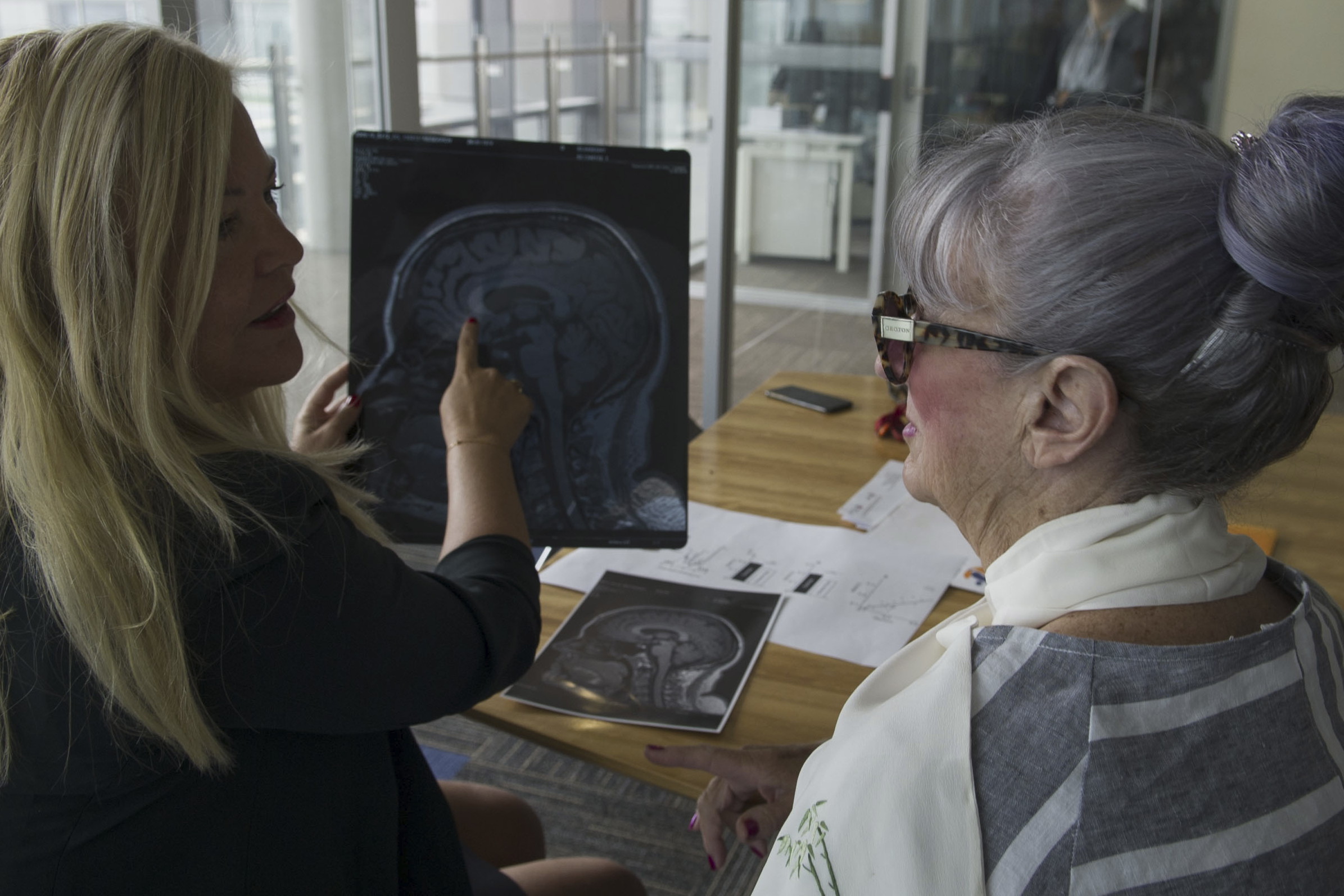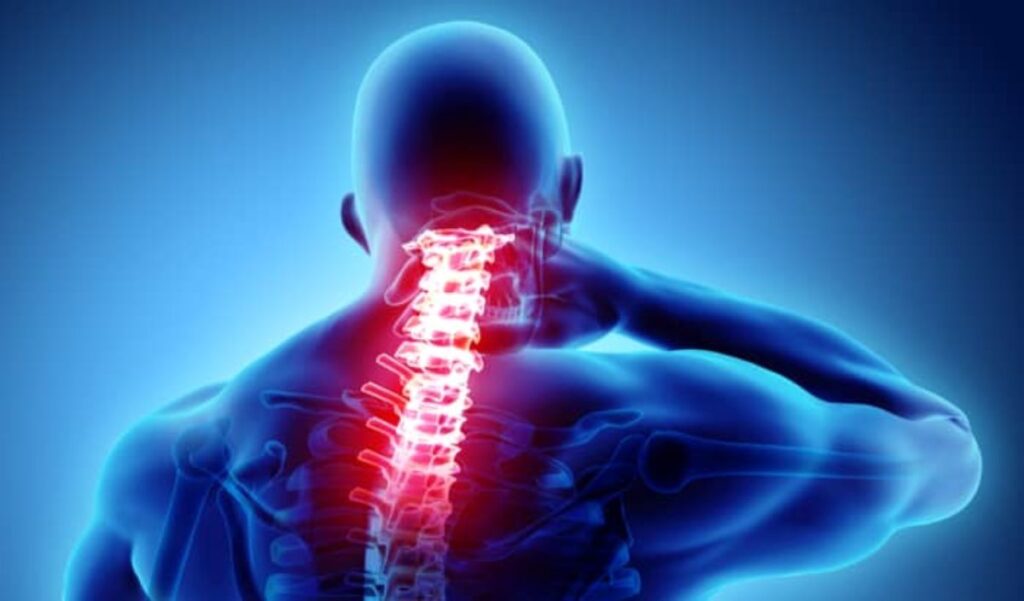How Chronic Pain Affect the Memory?
There can be serious psychological and cognitive consequences to living with chronic pain. The effects on memory and disposition, along with the underlying research, are explored in this article.
Self-Esteem
People with chronic pain may have to rely on others to aid them with routine activities because of their impaired functionality, learn more how confidence may suffer as a result of this. Losing your freedom can bring on a wide range of distressing emotions. You can feel like you’re a hindrance. You may start to fret over how others perceive you in their lives. Perhaps you worry that they will become weary of helping you out of sheer irritation. It’s easy to get angry and upset with yourself when you consistently fail to do what you ‘should’ be able to achieve, no matter how little they may appear. Short-temperedness and irritability towards yourself and others may result.
See Also: How Chronic Pain Affects the Brain and Our life?
Feeling helpless and anxious about the future is common when one’s functionality is impaired. Depression and identity crisis are common reactions to the loss of autonomy that comes with being unable to care for oneself, work, or participate in formerly enjoyed activities. Patients may start to question if they will ever be able to achieve their objectives and realize their vision for their future if their pain persists. According to this extensive analysis of the effects of chronic pain on individual identity, “Pain that lingers and continues to impose interruption and interference may be significantly more harmful to one’s sense of self or identity.”
Taking care of basic hygiene needs can be challenging for persons living with chronic pain. Preparing for social situations and putting off a positive impression takes a lot of energy, especially when you’re feeling tired or under the weather. Appearance isn’t always a top priority. Naturally, this may be irritating, and it may even make you feel like you’ve changed completely.

Mood
Having to live with constant discomfort may be emotionally taxing. If you don’t get your chronic pain under control, it might start to affect every part of your life. These modifications, along with the reality of living with constant pain, might unavoidably affect your disposition.
Memory
Chronic pain affects more than just our disposition. Experiencing persistent pain alters not only our cognitive abilities but also the physical makeup of our brains. Two-thirds of people with chronic pain who participated in research assessing their ability to remember details reported having difficulty doing so. Subjects performed activities substantially better on days when their pain levels were low compared to days when they were high. According to the results, “pain may disturb preservation of the memory trace that is necessary to contain information for processing and retention for storage in longer-term memory stores.”
Diseases of the mind
Depression and anxiety are recognized as symptoms of a wide variety of persistent diseases. This is due to the fact that several features of dealing with chronic pain might play a role in triggering or exacerbating coexisting mental diseases. When no effective treatments have been proposed, the prospect of living with pain for an extended period of time can be terrifying.
Feelings of helplessness and hopelessness, both about the future and their own ability to improve their situation, are common outcomes of the diminished functioning we discussed previously. If you’re unable to participate in activities that you formerly enjoyed, you may experience a downward spiral towards depression. Suffering from depression is sometimes exacerbated by the thought that one’s loved ones are suffering because of their condition.
Social isolation is a risk factor for depression because it heightens our awareness of our own loneliness. We discussed how anxiety might increase when we think about engaging in activities, which can lead to a vicious cycle of inactivity. Feelings of anxiety and depression are common responses to the lowered self-esteem and muddled identity that we’ve been discussing. Anxiety is profoundly affected by elevated stress levels.
Diminished Brain Power
The amount of grey matter in our brains decreases in those of us who suffer from chronic pain. Memory, learning, processing new information, and conceptualisation are all processes governed by grey matter in the human brain. It also has an effect on our ability to focus. This comprehensive look of grey matter loss in those experiencing pain revealed that, on average, their losses were equivalent to those seen in people aged 10–20 years. In addition, they found that the longer someone experiences chronic pain, the more brain tissue is lost: Loss of grey matter at the rate of 1.3 cm3 per year of chronic pain was shown to be “associated to pain duration.”
Memory problems are a common complaint among those of us who live with chronic pain because of this brain atrophy. It might be challenging for us to maintain concentration, consider things through, and arrive at reasonable conclusions when faced with a challenge.
Weariness and inability to sleep
When dealing with chronic pain and its associated symptoms, getting a good night’s rest can be next to impossible. Both our mental and cognitive functioning benefit from getting enough sleep. Sleep allows our brains to recharge so that they can do their jobs effectively during the day. Lack of sleep can impair cognitive abilities, making it more difficult to remember details and focus on tasks.
Numerous diseases that cause persistent discomfort often also cause extreme weariness. Fatigue is more than simply being weary; it’s a state of mental and bodily weariness. Fatigue makes it difficult to perform any task, much less keep track of where you placed things or what you were meant to be doing.
Confused thinking
Mind-numbing fogginess has been linked to persistent pain in certain patients. So, for instance, I have fibromyalgia and, as a result, get fibro fog. Feeling this way is a lot like trying to concentrate when surrounded by a dense fog; it makes it difficult to remember what you were going to say or what you were doing. The mental cloudiness might range from moderately unpleasant to very incapacitating. Much like other symptoms of chronic pain, it can also differ from person to person. My fibro fog, for instance, is at its worst during symptom flares or really painful days.

An unstable equilibrium
There is harmony between different parts of a healthy brain. This implies that while one section of the brain is doing work, other parts of the brain will slow down to let it do its job. Some parts of the brain will ‘quieten down,’ for instance, when you’re attempting to solve a problem or concentrate on a single activity.
People who suffer from chronic pain, however, have persistent activity in the part of the brain that regulates emotions. This implies one region of the brain remains “noisy” even while other brain regions struggle to perform their functions. As this article shows, this can lead to neuronal wear and tear in that part of the brain, making it extremely difficult to focus. The difficulties with memory, focus, and processing thinking are all linked to overactivity in this part of the brain. Also, it’s said to have a negative effect on one’s mood and depression levels.
Abuse of opiates
Opioids are commonly provided to those with chronic pain. Opioids are potent analgesics that block pain signals from the brain by binding to certain receptors in the central nervous system. Opioids have significant dangers and negative effects, making them a contentious issue. Long-term opioid usage is associated with an increased risk of cognitive impairment and memory loss. An opioid user’s memory impairments were shown to account for between 73% and 81% of their overall cognitive issues, according to one study.
Opioids have been linked to sleep disturbances, which, as we’ve seen, can impact cognitive function and recall. Taking opioids regularly can have a negative effect on a patient’s mental health and could cause depression over time.
For more information on chronic pain symptoms, chronic pain resources or effective chronic pain management options, you should book a consultation session with a specialist at Chronic Therapy today, to give you professional advice that will suit your personal experience.




